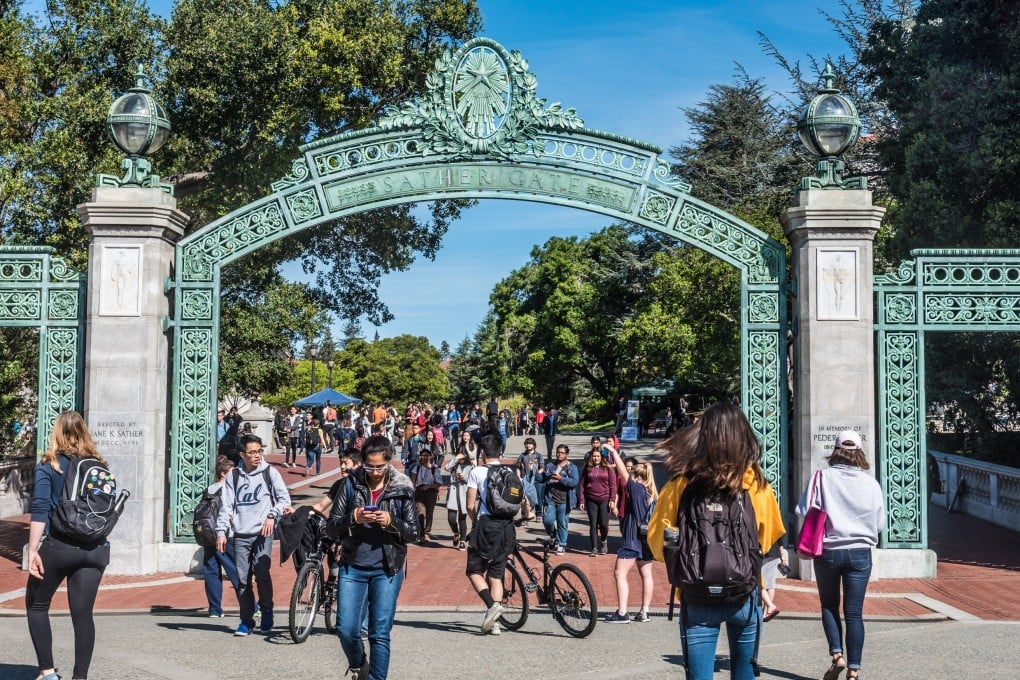Some former spy-hunters see the State Department’s plan to revoke visas of some Chinese college students as heavy-handed and counterproductive.
The F.B.I. has spent decades investigating some professors and students from China suspected of using their studies to secretly spy for their home country. As the Trump administration tries a new, more aggressive effort to stop such activity, experts fear it will do more harm than good for American research.
The plans the State Department announced this past week to revoke visas of some Chinese college students strike even some former spy-hunters as a heavy-handed attempt to solve a more complicated problem.
“The overall number of People’s Republic of China students that actually pose some type of national security risk is relatively low compared to the number of students that will continue to support and further U.S. research,” said Greg Milonovich, a former F.B.I. agent who managed the counterintelligence division’s academic alliance program as well as the national security higher education advisory board.
In announcing the move late Wednesday, Secretary of State Marco Rubio gave few specifics, offering only that the U.S. government would “aggressively revoke visas for Chinese students, including those with connections to the Chinese Communist Party or studying in critical fields.”
How that vaguely defined standard will be enforced is not yet clear, but the directive is part of a broad campaign by the Trump administration to force major changes in American higher education. College campuses, administration officials say, are in crisis, and only the federal government is willing and able to fix the problems.
The senior White House adviser Stephen Miller outlined on Friday what the administration viewed as a threat to its interests. “We’re not going to be awarding visas to individuals who have a risk of being engaged in any form of malign conduct in the United States, which of course would include espionage, theft of trade secrets, theft of technology or other actions that would degrade the security of our industrial base,” he said.
China on Thursday condemned the decision, calling it “discriminatory.”
Beijing has condemned the US decision to target Chinese students studying in the country as “discriminatory”, warning it will further damage America’s image on the world stage.
“The U.S. decision … seriously hurts the lawful rights and interests of international students from China, and disrupts people-to-people exchanges between the two countries. China firmly opposes it and has protested to the U.S. over the decision,” said Chinese foreign ministry spokesperson Mao Ning. “This politically motivated and discriminatory move exposes the U.S. hypocrisy over freedom and openness. It will further damage the image and reputation of the U.S. itself.”
On Thursday, Chinese foreign ministry spokeswoman Mao Ning said: “The unreasonable decision to revoke the visas of Chinese students under the pretext of ideology and national security seriously harms the lawful rights and interests of Chinese students and disrupts exchanges between us.
“Such a politicised and discriminatory move lays bare the US lie of its so-called freedom and openness and will only further undermine its image in the world and national reputation.”
“This policy is an unfair treatment of Chinese citizens, which will intensify diplomatic tensions between China and the United States, undermining the easing atmosphere that had emerged following the Geneva talks [when they agreed to pause many tariffs],” said Sun Chenghao, a fellow at Tsinghua University’s Centre for International Security and Strategy.
Sun said this was likely to not only harm cooperation in fields such as science and technology, but also hit people-to-people diplomacy and cultural exchanges, and limit American people’s opportunities to understand Chinese culture and society.
“Mutual trust between the two countries will be weakened,” he added


No comments:
Post a Comment